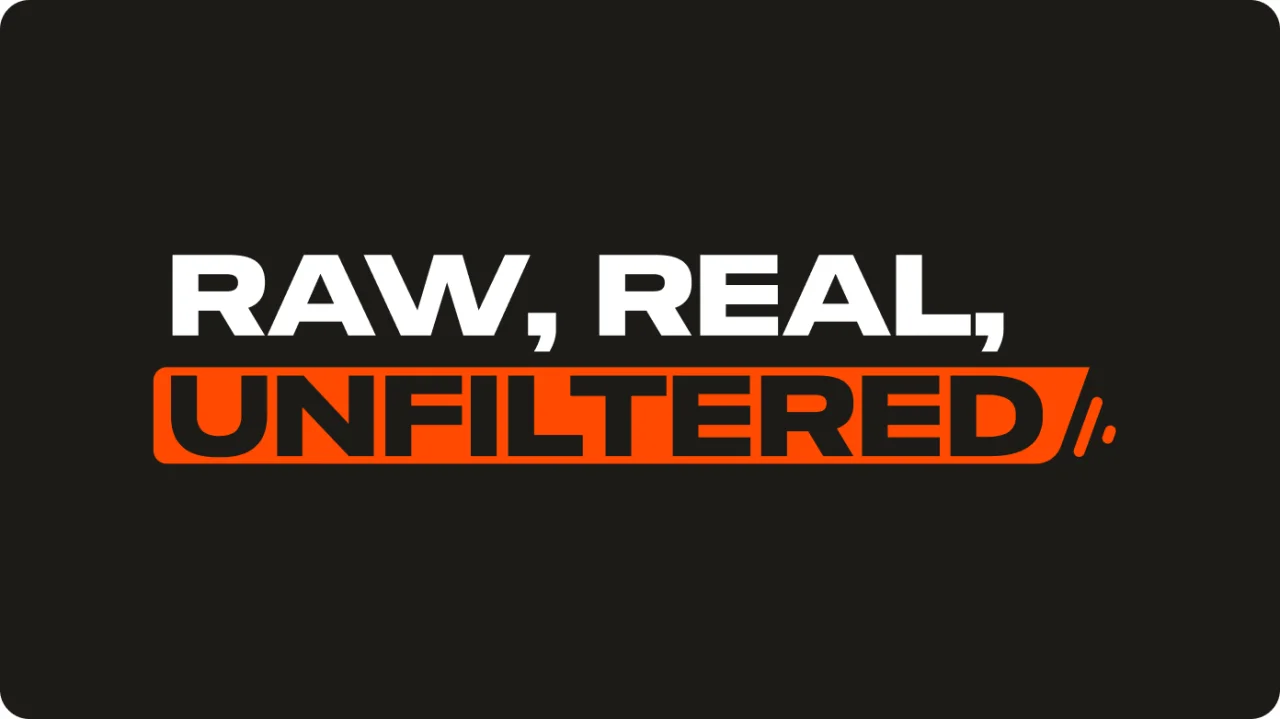Business Management
When Your Clients Pay Late
And You Can’t Afford to Wait
AUTHOR
PUBLISHED

Cash flow isn’t just a line on your balance sheet. It’s your oxygen.


Key Takeaways

Get Bizee Podcast
Join us as we celebrate entrepreneurship and tackle the very real issues of failure, fear and the psychology of success. Each episode is an adventure.

